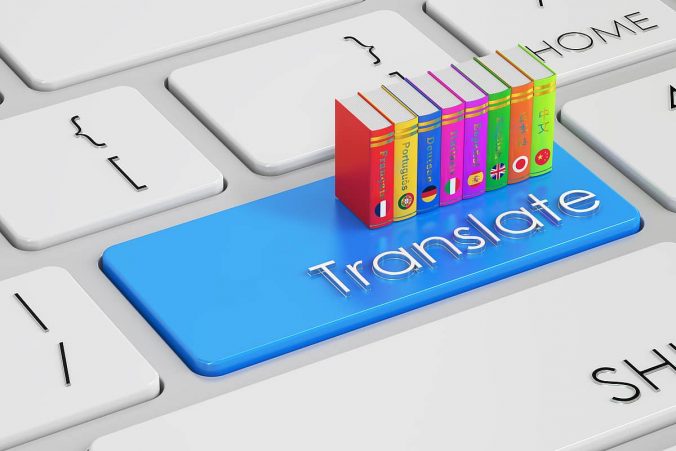It is necessary to immediately clarify what kind of translation it is (See above the answer to the question about the types of translation for quality requirements).
By definition, you don’t need an editor for a draft translation. As for all other types of translation (final, scientific and technical, legal, for printing, etc.), then ideally, of course, it is always a good idea when someone else looks at your translation before delivery to the customer. The author’s eyes are “blurred”, but from the side it is always more visible (the principle of four eyes).
The higher the requirements for the quality of the translation, the more such translation requires an editor or editors. It was not for nothing that in the good Soviet times, publishing houses had a famous technological chain for published books (including translations):
“Translator – stylist – editor – proofreader – senior control editor, etc.”
And all this several times: the first reconciliation, the second reconciliation, blank sheets, etc. And all the same, the books came out with typos, blunders and even white sheets.
However, in the modern translation market, all talk about editors is more of a good wish. In reality, even translation agencies cannot provide this:
editing leads to a 50% increase in translation costs
translation deadlines are lengthened
it is difficult, and sometimes almost impossible, to find in real time the editor of the desired specialization (and the degree of complexity and range of topics today is much greater than 20-30 years ago)
any editorial revision is rather controversial, and an insufficiently qualified editor (in terms of knowledge of the language or knowledge of terminology) can correct the correct version for the wrong one
the best editing can be done by the customer himself or by a consultant assigned to him, since they are “in the know” and know better what they want to receive (but usually the customer does not consider it necessary to advise the translator during the translation, and internal editing is done by the customer himself – and the translator about it knows nothing and does not receive any feedback that could be taken into account in the future).

